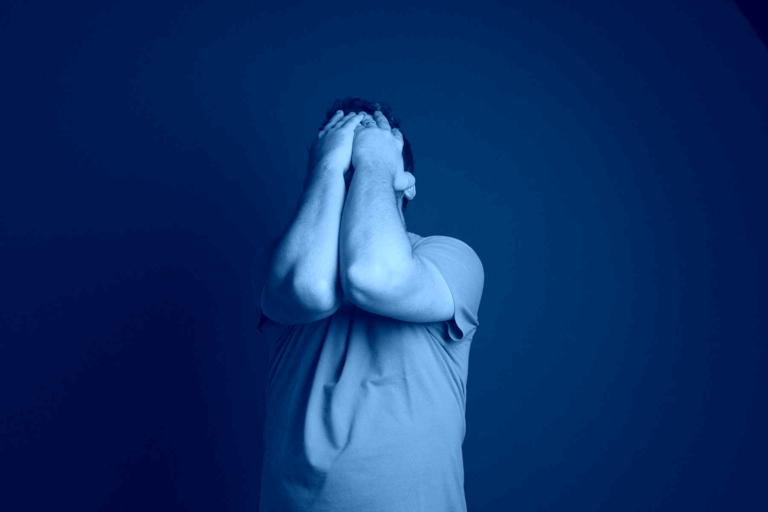
- Why FLR
- What We Treat
- Other Disorders
- Residential Program
- Therapy
- Contact
- Resources
- Blog
- Activities
- ADHD Self-Quiz
- Anxiety Quiz
- Bipolar Quiz
- Depression Self-Quiz
- OCD Self-Quiz
- PTSD Quiz
- Social Anxiety Quiz
- Depression Resources
- Medication for Mental Health
- Mental Illness & The Family
- The Connection Between Mental Health and Quality of Life
- Finding the Best Trauma Therapist
- Anxiety Treatment Centers in California
- Early Signs of Mental Health Issues
- Mental Health Stigma in the South Asian Community
- Anxiety Attack vs Panic Attack
- Mental Health Resources
- Medication for Mental Health
- Self Harm and Depression
- How to Help Someone with Depression
- Mental Health and Quality of Life
- Finding the Best Trauma Therapist
- Anxiety Treatment Centers in California
- Family Dynamics
- Anxiety in Young Adults
- Mental Illness & The Family
- Navigating Trauma and Recovery
- Anxiety Attack vs Panic Attack
- Self-Harm OCD



